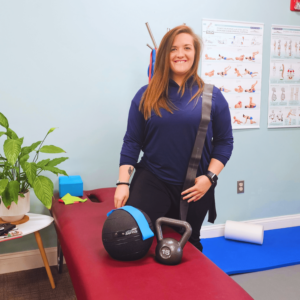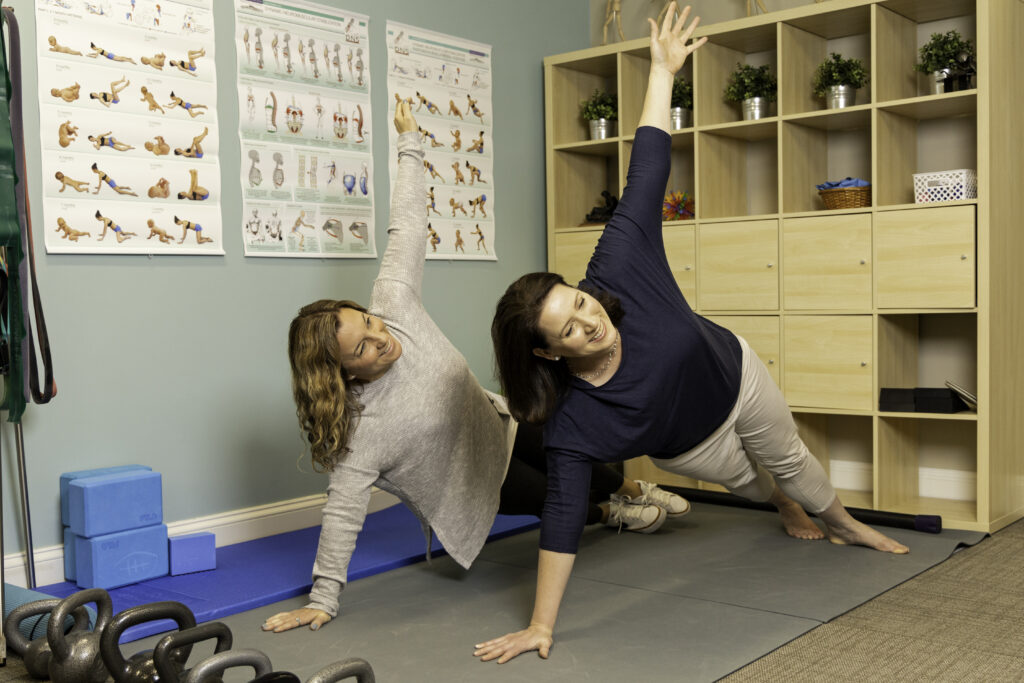Most of us are looking for ways to shed extra weight and get into shape. More than just looking good on the beach, fitness plays a major role in how you feel. What are some of the fitness habits and behaviors that will lead you to be more fit?
There are at least seven lifestyle habits you can include in your routine to increase your fitness. They are simple and obvious, but most of us could do better in at least one of these areas:
Breathe
One of the simplest aspects of fitness is to breathe well. It’s common that poor posture, bad habits like smoking, and insufficient circulation cause a shortage of the most necessary of all vital nutrients – oxygen. You can live for a while without food or water, but without air, you would quickly perish – that’s how essential it is to get enough oxygen.
Breathing well is one of the best things you can do for yourself. To be more fit, aim to oxygenate your cells, tissues, and organs by doing regular breathing exercises, by improving your lung capacity with exercise, and by avoiding faulty health habits that may increase your toxicity and damage your breathing equipment.
Drink Enough Water
Coffee, tea, juice, and soda are not water. Only water is water. Your body is made up of mostly water, and you need to replenish the water you lose each day to have the right environment for fitness.
Every day, you need about a half ounce of water for every pound of body weight – in other words, if you weigh 128 pounds, you need about 64 ounces or 8 eight-ounce glasses of water. If you weigh 192 pounds, you need about 96 ounces or about 12 eight-ounce glasses of water.
It may sound like a lot, but you’ll quickly get into good patterns. Have a glass when you first wake up, and another before you leave for work or school. Have a glass mid-morning, when you might otherwise be getting a little hungry and reaching for something unhealthy or unnecessary. Have a glass with lunch, and you’re already up to four glasses. You could easily have one as a mid-afternoon pick-me-up, two with dinner, and one or two more sometime before bed. It’s just a matter of developing the behavior of reaching for water instead of a sugary, salty, or fried snack, because most of the time, we’re not hungry – we’re thirsty.
Sleep Well
You spend between a quarter and a third of your life in bed, sleeping or trying to sleep. Millions of people have problems sleeping, whether it’s because they are stressed, in pain, anxious, or just uncomfortable with faulty or poor-quality sleep equipment. Make sure your bed is the right firmness for you, and support your spinal curves by avoiding too many pillows or replacing a saggy mattress.
Allow enough time to sleep so that you feel refreshed when you arise. For some people, this may be as few as six hours, while others may require eight or even ten. There is no correct or incorrect number of hours to sleep, other than the amount your body tells you to get. Observe those body-driven signs and you’ll have a good idea how much sleep you need.
You can’t be fit if you don’t rest and recuperate daily. Sleeping well enhances fitness.
Exercise
Obviously, you’ll be more fit if you exercise regularly. You can start with as little as thirty minutes three times a week of walking, stretching, or yoga, and work up to a daily routine of aerobic and strength training exercises.
Or, if you’re already exercising several times a week, get some coaching or guidance on how to balance your workouts and get the most out of them, not only to build muscle but to increase coordination, symmetry, and flexibility.
Running, weight lifting, sports, martial arts – pick something you like to do and do it. And for most people, except the most dedicated athletes, there’s no reason to overdo it. Stay consistent with the level that suits your needs best, and if you need advice, get some.
Fuel Your Body
Every machine needs good fuel to burn, and learning to eat well is a critical key to being fit. Everyone needs a blend of fresh wholesome foods, with a proper combination of proteins, fats, and carbohydrates.
Most people don’t need anything too extreme, but most of us don’t know which foods are good for us, and which are not. Organic foods are likely to have less toxicity. Some people do better as vegetarians or vegans, some do better eating some or all meats. We know that sugar, gluten, dairy, and soy are hard for some people to tolerate, while others can get away with it. You must investigate for yourself, and find the patterns and components of good eating for you.
Most of us could benefit from some nutritional supplementation — superfood or protein shakes, alkalizing fruit and vegetable powders, vitamin capsules and tablets or herbal preparations provide a multitude of natural remedies, supportive supplements, and tonics, which again you must explore to see which benefit you the most. Each of us is slightly different, but with a little experience, you’ll be able to tell what works for you.
Reduce Your Stress
With the typical pressures of everyday life, we all need a way to vent and relax. It’s more than just not being anxious or depressed – we have a spectrum of positive emotions available to us, and by reducing our stress, we become more emotionally and psychologically fit.
Meditation, prayer, t’ai chi, vacations – we all have our own ways to reduce our stress, and if we want to be truly fit, we must work these beneficial behaviors and experiences into our busy schedules. It will come back to reward us many times over.
Take Care of Your Body
Use common sense. You know some things are good for you and some are not. Stop making excuses and handle it. You may not be able to change everything all at once – change something. Raise your standards and get the process started.
Choose a team of health and wellness advisors, and get to know each other so you can count on them for good advice. You need experts to coach you on your organs, your teeth, your spine and nerve system, your eyes, your mind, your eating, and other lifestyle habits – seek out professionals who can guide you toward optimal health.
When you are building your network of health and wellness advisors, remember to include your neighborhood chiropractor, who can help you de-stress your brain and nerve system and make your spine healthier, which not only solves painful problems but helps your body function better.
Health habits like these will help you to live longer, and to improve the quality of your life. Choose wisely when you are deciding how to take care of yourself – it can make a world of difference, helping you to avoid unnecessary, preventable illness and look and feel your best for as long as possible.





